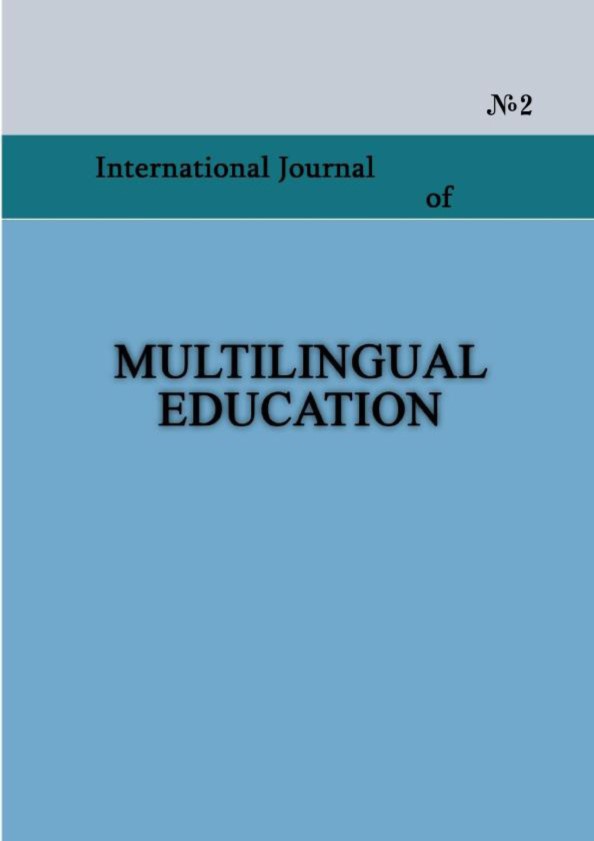Interrelationship of Bilingual Education and Social-Communication System in Javakheti
Keywords:
Bilingualism, Bilingual Education, SLE, Ethnic minorityAbstract
The purpose of the document is to review the social-communication system in Javakheti in the context of bilingual education. The article discusses issues of bilingualism at the level of ethnic, social and age groups. It shows the tendencies observed in Javakheti's linguistic situation, which is crucial for the bilingual education.
References
Barnett,V. 1988, Differentiation of National Language and Social Communication. Новое в зарубежной лингвистике, XX. М., 1988.
Gamkrelidze, T. Kiknadze, Z. Shaduri, I. & Shengelaia, N (2003) Course on Theoretical Linguistics.
Direct Index, (2001) The problems of sociolinguistics, retrieved from the web-site: www.krugosvet.ru/articles/69/1006978/1006987a1htm.
Nikolsky, L. (1976) Simoltinious Sociolinguistics (Theory and Problems), Moscow.
Sikharulidze, T. (2008) Language Situation in Georgia. Gulani 1, Akhaltsikhe.
Stephanov, 1976, Typology of Language Situation in the countries of Roman language, Moscow.
Tabatadze, S. (2008) The language policy and educational system of Georgia. International Conference Proccedings; Publishing House “SAIMEDO”
Ferguson, C. (1959): Diglossia. Word.
Schweitzer, (1977) Modern Sociolinguistics, Theory, problems and methods.
Hornberger H.(2000) Sociolinguistics and teaching/edited by Sandra Iee McKay. Cambridge [ England] New York. Cambridge University Press.[book on-line] Accessed 2000. available from http//www. Bibliotecas.unc.edu.ar/cgi-bin/libreoEsi?accion.
Published
How to Cite
Issue
Section
License
Copyright (c) 2013 Maka Beridze

This work is licensed under a Creative Commons Attribution-NonCommercial 4.0 International License.
Copyright (c) - Authors who publish with this journal agree to the following terms: Authors retain copyright and grant the journal the right of first publication with the work simultaneously licensed under a Creative Commons Attribution-Noncommercial 4.0 International License, which allows others to share the work with an acknowledgement of the work's authorship and initial publication in this journal. Authors are permitted and encouraged to post their work online (e.g., in institutional repositories or on their personal website) prior to and during the submission process, as it can lead to productive exchanges, as well as earlier and greater citation of published work (see The Effect of Open Access). Authors may enter into separate, additional contractual arrangements for the non-exclusive distribution of the journal's published version of the work (e.g., post it to a repository or publish it in a book), with an acknowledgement of its initial publication in this journal.

